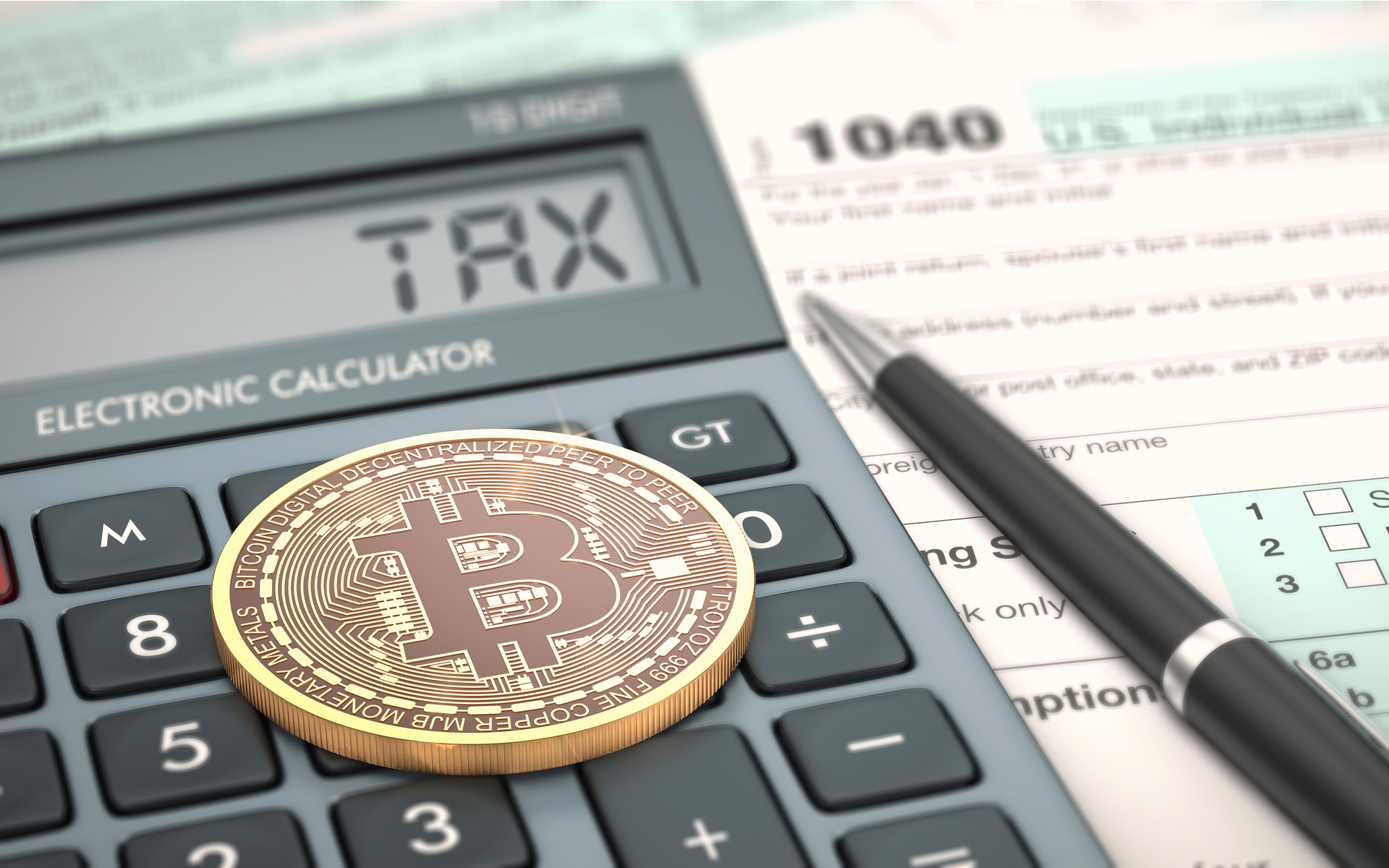
When it comes to cryptocurrencies, one thing is sure – the future is here! What used to be unimaginable, is now a part of our lives, our everyday routines, habits and more importantly, profits, investments and work. Ever since the first cryptocurrency was invented, the wheel of futuristic technology and changes haven’t stopped rolling. And it seems like it will just go faster and faster.
Could you ever imagine paying for your drinks or your lunch in Bitcoin? It is possible now. Or have you ever thought you could make much bigger purchases, such as high end watches or properties, just by using Bitcoin?
This is a common thing at the moment, since people are trying to find ways to invest or reinvest their money, in order to both make profits or just save their money from inflation and other economic issues and changes in the global economy. However, no one thought that the main idea of the Bitcoin founder, and that is to decentralize money, will really become the world phenomenon that really changes the way we perceive money, investing and finance in general. For more info, check www.ibtimes.com.au.
Cryptocurrencies have created innumerable opportunities for everyone, which means that even the people who can’t open a bank account for numerous reasons or who don’t have a good banking system in their country, now can be equal with the rest of the society, and the only thing they need is Internet access and a smartphone, tablet or laptop.
But among all the fantastic things that have appeared with the use, growth and popularity of cryptocurrencies, governmental organizations and institutions have realized that this area also needs to be regulated. This means that crypto has made changes in the legal system as well, not only the economy.
Considering the fact that crypto such as Bitcoin, Litecoin and one of other currencies are digital currencies, this means that this money is decentralized or in other words, digital or virtual. That being said, this money doesn’t have the traditional value, but it is rather a virtual representation of it. This is why the field needs a special approach in order to be regulated. There are no third parties to control the blockchain system, which makes people think that owning cryptocurrencies is different from owning money. But is it really like that?
Just like for almost every aspect of our lives, cryptocurrencies are also connected to taxes. If you thought that you can leave your crypto out when you file your taxes, you are wrong. They are also a part of the taxing system. But do you know what are the rules when filing taxes if you are a cryptocurrencies owner? Let’s dig into it.
Table of Contents
1. Make A Good Start

img source: money.usnews.com
In order to understand the process, you first need to understand the definition of crypto, and the way it is treated legally. The first thing you should know is that cryptocurrencies are considered to be property, just like stocks. And that property, when you want to sell it, logically – has value. That’s why you need to find out what the value of your crypto capital is, and you can do that by comparing it to the official, traditional currencies such as dollars or other currencies that are being used in your country. After you sell your crypto, this is the exact moment when you need to pay your taxes.
2. The Sooner The Better

img source: towardsdatascience.com
The best advice you can get is to start making your tax records as soon as possible, or from the beginning of time, keeping things organized. What’s the reason behind this? The answer is simple. If you postpone all the calculations, and you don’t keep track of your transactions, most likely you are going to have troubles remembering everything and keeping your records accurate. This includes not only buying, selling or receiving any amount of cryptocurrencies, or in other words any financial interest you could have gained which is something you should be aware of.
3. Paying For Your Coffee In Crypto Is Maybe Not The Best Option?

img source: cryptonux.com
Before you decide to have a slice of pizza or a coffee and pay for it in Bitcoin, you need to understand how the tax system works and how much it would really cost you. When you make a purchase using BTC or any other digital currency, you are actually not making one, but two transactions simultaneously. The first one is, believe it or not – selling crypto, and the second one is the purchase you are making. This makes it more complicated, and it also costs more! Why? You are paying for two transactions instead of one, which makes it much harder to calculate everything. Doing your taxes is already complicated enough, so why would you want another headache?
4. For How Long Have You Been Holding Your Crypto?

img source: cnbc.com
This is also an important question, when it comes to doing your taxes. If you hold your cryptocurrencies for more than a year, you need to know that it is considered as a long-term capital gain. What does that mean in reality? It means that you will pay a much lower amount of taxes, just like you would for any of your assets and investments that you are holding for a longer period of time. On the other hand, if you hold something for less than this period of time, it is considered to be ordinary income, and you pay your taxes accordingly.
5. Which Crypto Is A Part Of The Tax System?

img source: worldfinance.com
Every cryptocurrency that is currently available is a part of the tax system. The most common ones, Bitcoin transactions are always taxed. So, if you want to sell the coins you personally mined or acquired, it is something that falls under the tax laws and regulations. If you sell the coins you have bought from someone, or if you sell them just to buy something else, prepare to pay your taxes for making all of these or one of these transactions.
Also, in case you want to buy BTC from someone, in order to purchase something, you should also calculate everything and pay your taxes. This leads to a simple conclusion – whether you mine your own coins or you trade them, it all goes under the traditional tax system.







